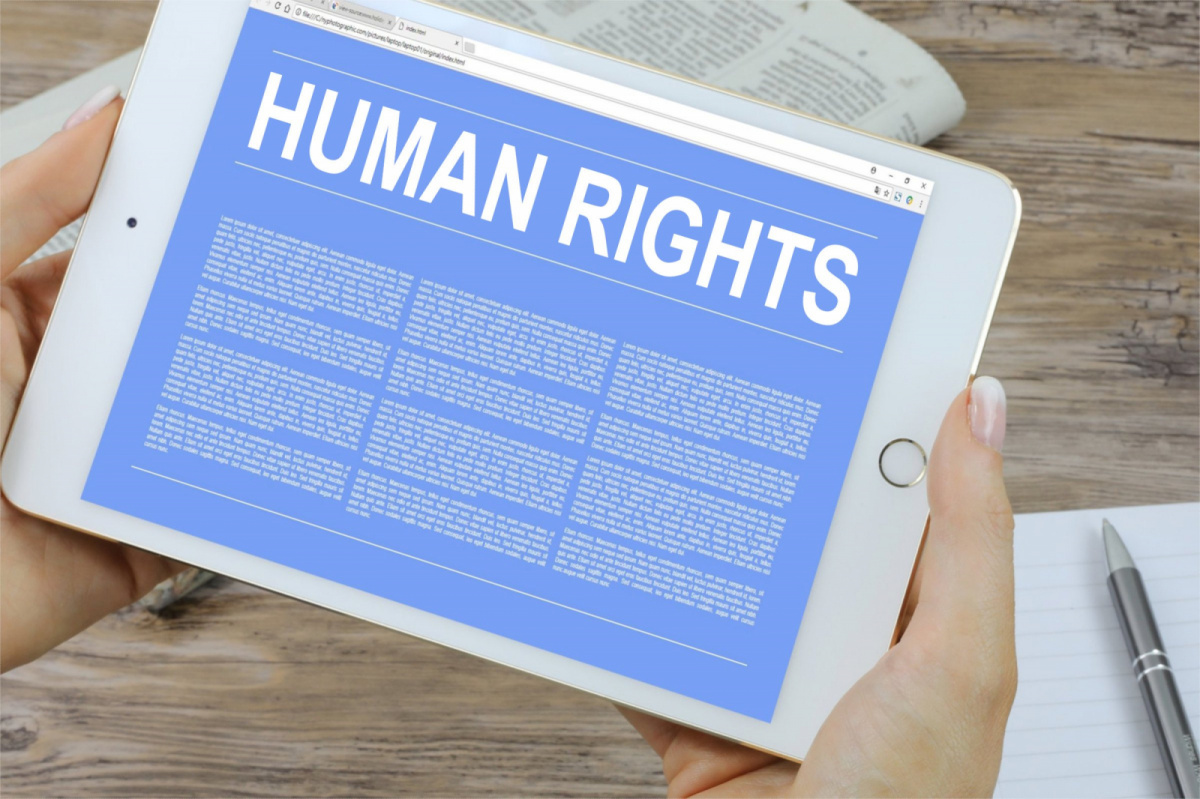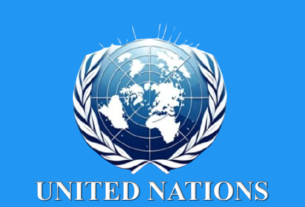A Tunisian court has sentenced 40 opposition figures to prison terms ranging from 13 to 66 years in what has been widely criticized as a politically motivated trial. The defendants, including former diplomats, journalists, and political activists, were convicted under charges of “conspiracy against the internal and external security of the state” and forming a terrorist group. The trial, which concluded on April 19, 2025, has sparked domestic and international condemnation.
Background and Charges
The individuals involved were arrested in early 2023 during a crackdown on dissent following President Kais Saied’s consolidation of power. Among the prominent figures sentenced are:
- Rached Ghannouchi, leader of the Ennahda party, sentenced to 22 years.
- Hichem Mechichi, former Prime Minister, sentenced to 35 years.
- Said Ferjani, Ennahda executive, sentenced to 13 years.
- Mohamed Khayyam Al-Turki, political activist, sentenced to 66 years.
The charges stem from alleged plots to undermine the government, including meetings with foreign diplomats and the use of social media to criticize state policies.
Trial Proceedings and Criticisms
The trial was conducted remotely, with some defendants denied in-person attendance, citing “imminent danger.” Defense lawyers argue this violated the right to a fair trial. The International Commission of Jurists has condemned the proceedings as grossly unfair, highlighting arbitrary pre-trial detentions and denial of legal representation.
International Reactions
Human rights organizations, including Amnesty International and Human Rights Watch, have labeled the trial a “sham” and a “grossly unfair” attempt to suppress opposition. They urge the international community to demand the release of political prisoners and the repeal of laws used to stifle dissent.
Political Context
Since President Saied’s power grab in 2021, Tunisia has seen a significant erosion of democratic institutions. The dissolution of parliament and the centralization of authority have led to widespread concerns over the country’s democratic backsliding. The recent sentences are seen as part of a broader effort to eliminate political opposition and dissent.
The trial and its outcomes underscore the growing challenges to political freedoms in Tunisia, once hailed as the Arab Spring’s success story.



